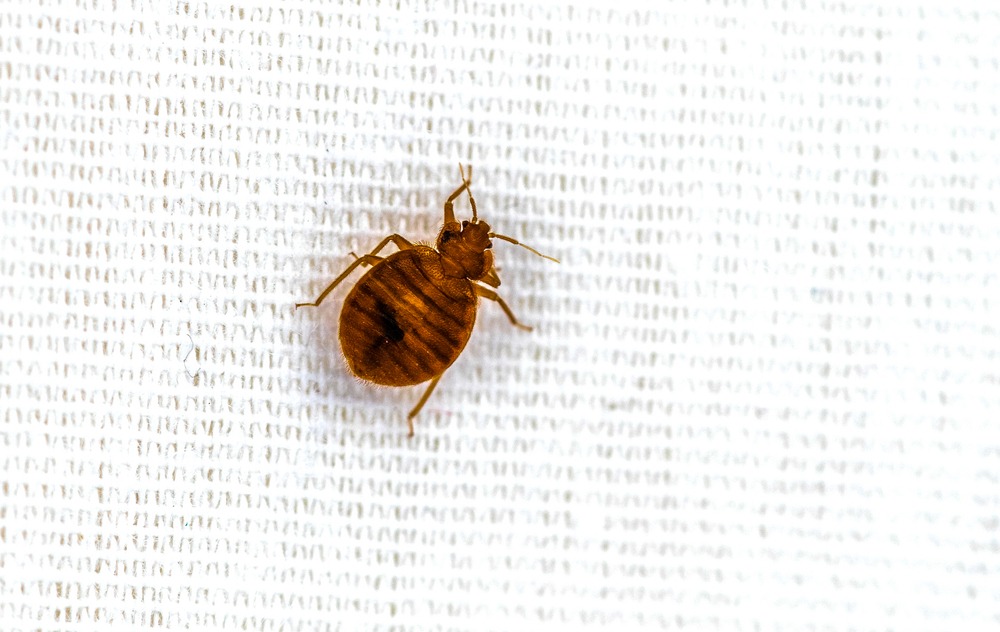Bed bugs are small, reddish-brown insects that get their name from the fact that they often live in beds (mattresses, to be precise) and feed on human blood when people are asleep.
It’s safe to say that nobody wants them in their home. Unfortunately, the spread of bed bugs can occur easily because they travel a lot on suitcases, clothes, linens, animals, and people.
So no matter your location, New York, Madison, Fargo, or Las Vegas, pest control is better to be called, even if you’re not sure what you’re dealing with.
There’s no need to panic because bed bugs don’t carry any diseases that could be dangerous to our lives or health, but their presence can still be repulsive and their bites irritating and painful.
What’s more, not many people realize what kind of impact bed bugs infestation can have on our mental health.
The Attack on Privacy
Bed bugs attack you in bed when you’re asleep in your cozy bedroom. It’s the place and time when you should feel absolutely safe to be able to get proper rest, the place of relaxation, and intimacy.
In your own bed, more than in any other place in the world, you want your privacy to be respected.
Bed bugs deprive you of that feeling. People who deal with the problem can’t sleep because of the bites and the constant thought that they share their bed with intruders. It leads to chronic stress and sleep deprivation.
But not only those struggling with an infestation may suffer because of bed bugs. There are people who still stress, because they dealt with them in the past, or who know someone who did.
For others, it may be enough to read an article or hear something by accident to dive into obsessive behaviors.
Then, they will spend their days and nights looking for bugs in their beds and claiming all other insects to be them.
The Consequences of Bed Bug Anxiety
Living through a bed bugs infestation can be a life-changing, haunting experience.
According to a study conducted by medical entomologist Jerome Goddard at Mississippi State University, people who went through a battle with these insects very often show similar symptoms to those who have PTSD (post-traumatic stress disorder), including the most severe ones, such as hyper-vigilance, paranoia, obsessive thoughts, and depression.
None of them could actually be diagnosed based on this study alone, but certainly, many of them were in need of psychological help.
There was also a questionnaire concerning bed bugs sent to seven major cities in the USA answered by almost 500 people. Among them, 29% suffered from insomnia, 22% from emotional distress, and 20% from anxiety.
It’s important to note that researchers don’t know what was the state of these people’s mental health before the infestation, but bed bugs can certainly be a huge, disturbing stressor.
Bed Bugs are Hard to Forget

People who deal with bed bugs very often become more sensitive than before. They need to learn how to sleep calmly all over again.
Their bed, a place associated with safety, comfort, and relaxation, becomes something to be anxious about.
Every movement or a feeling on your skin feels like a bug; each spot discovered on your body looks like a bed bug bite.
These people tend to search their beds each night, or even several times a night, and every suspicion that the bugs may be back can lead to throwing everything away, calling pest control services, or trying to get rid of them on the spot.
Maintaining good air quality is important, it gives the impression of freshness.
The List of Problems Goes On
Many renters don’t receive help from their landlords, or it takes too much time to receive it.
Pest control services are the most effective solution for these situations, but not everyone can afford it, so they try managing it on their own, too often unsuccessfully.
So if someone rents an apartment and does everything to make ends meet, it may be hard for them to deal with the problem without any help.
Then, there’s also a feeling of isolation. Despite the scale and the randomness of the problem, many people still associate bed bugs with dirt, uncleanliness.
Victims of the infestation don’t want to share it with everyone, although it’s rarely their fault.
Don’t Suffer in the Shadows
Experts are far from concluding that bed bugs alone can lead to mental health issues, but they have no doubts that the infestation may be a stressor or a trigger.
The most important thing is not to stay silent.
Speak up. Ask for help, or even demand it if you think you’re entitled to it (like in the case of renters and landlords).
And then, if you feel down, stressed, anxious, paranoic, don’t be afraid to seek advice.
Every reason that bothers you is a reason good enough to contact a mental health specialist.



Comments are closed.